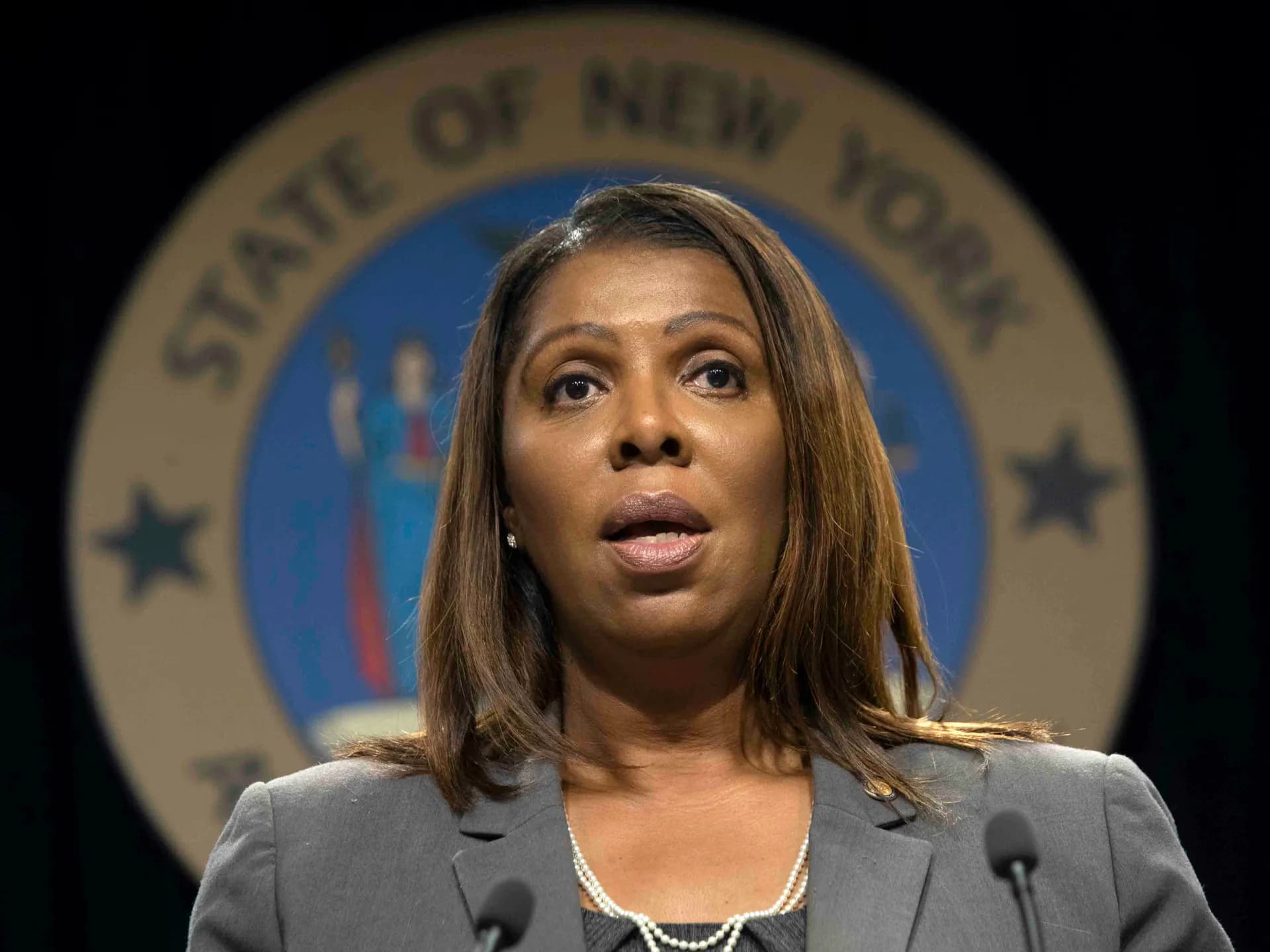We're loading the full news article for you. This includes the article content, images, author information, and related articles.
The high-profile case against a key Donald Trump adversary highlights the escalating weaponization of justice systems, a trend with significant implications for anti-corruption and rule of law efforts in Kenya.

New York Attorney General Letitia James pleaded not guilty on Friday, October 24, 2025, to federal fraud charges in a case widely seen as political retribution for her successful civil prosecution of former U.S. President Donald Trump. Appearing in a federal court in Norfolk, Virginia, James denied one count of bank fraud and one count of making false statements related to a 2020 property purchase.
The indictment, brought forth by a U.S. Attorney recently appointed by Trump, has intensified concerns over the politicization of the U.S. Department of Justice. Speaking to supporters outside the courthouse, James framed the prosecution as an attack on the legal system itself. “This is not about me,” she stated. “This is about all of us, and about a justice system which has been weaponized, a justice system which has been used as a tool of revenge.”
The five-page indictment alleges that James misrepresented a home she purchased in Norfolk for $137,000 as a secondary residence to secure more favorable mortgage terms, when she intended to use it as an investment property. Prosecutors claim she benefited from approximately $18,933 in “ill-gotten gains” through a lower interest rate and other credits.
However, the case was pursued over the strong objections of career federal prosecutors who, according to multiple reports, concluded there was insufficient evidence to prove criminal intent beyond a reasonable doubt. These prosecutors reportedly found that James did not materially profit from the loan and that her relatives lived in the home. The charges were ultimately filed by interim U.S. Attorney Lindsey Halligan, a former lawyer for Trump's personal legal team with no prior prosecutorial experience, who was installed after her predecessor, Erik Siebert, was forced out for resisting pressure to bring the case.
The prosecution is part of a broader pattern of the Justice Department targeting figures perceived as Trump's political enemies, including former FBI Director James Comey and former National Security Advisor John Bolton, who have also been indicted in recent months.
While the events are unfolding thousands of miles away, the case offers a critical lens for Kenya and the broader East Africa region. For legal observers and civil society in Nairobi, the proceedings are a stark illustration of how political pressure can be exerted on prosecutorial bodies, a central theme in Kenya's own ongoing battle against corruption and for judicial independence. The situation mirrors domestic debates surrounding the autonomy of the Director of Public Prosecutions (DPP) and the Ethics and Anti-Corruption Commission (EACC).
Letitia James has built a career fighting corruption and predatory practices. The charges against her, viewed by critics as a politically motivated effort to neutralize a powerful opponent, underscore the fragility of institutional independence in the face of executive pressure. This dynamic is profoundly relevant in Kenya, where stakeholders frequently raise concerns about the need for stronger whistleblower protection and insulating institutions from political interference to effectively combat graft.
The case has been assigned to U.S. District Judge Jamar K. Walker, who was appointed by President Joe Biden and confirmed in March 2023. A tentative trial date has been set for January 26, 2026.
James's legal team has announced its intention to file a motion to dismiss the indictment altogether. The motion will argue that the case is a vindictive prosecution and that U.S. Attorney Halligan was improperly appointed, rendering the indictment invalid. This legal challenge, focusing on the legitimacy of the prosecutor, will be a crucial first test for a case that many legal experts believe is an unprecedented assault on the rule of law.
Keep the conversation in one place—threads here stay linked to the story and in the forums.
Sign in to start a discussion
Start a conversation about this story and keep it linked here.
Other hot threads
E-sports and Gaming Community in Kenya
Active 9 months ago
The Role of Technology in Modern Agriculture (AgriTech)
Active 9 months ago
Popular Recreational Activities Across Counties
Active 9 months ago
Investing in Youth Sports Development Programs
Active 9 months ago